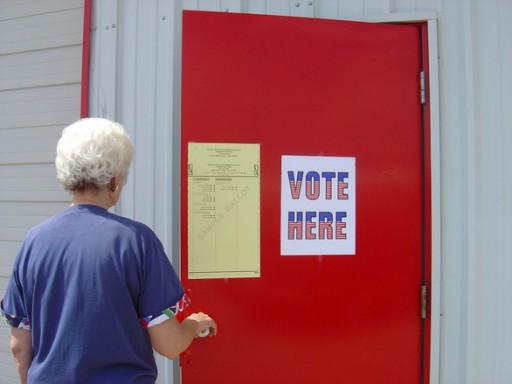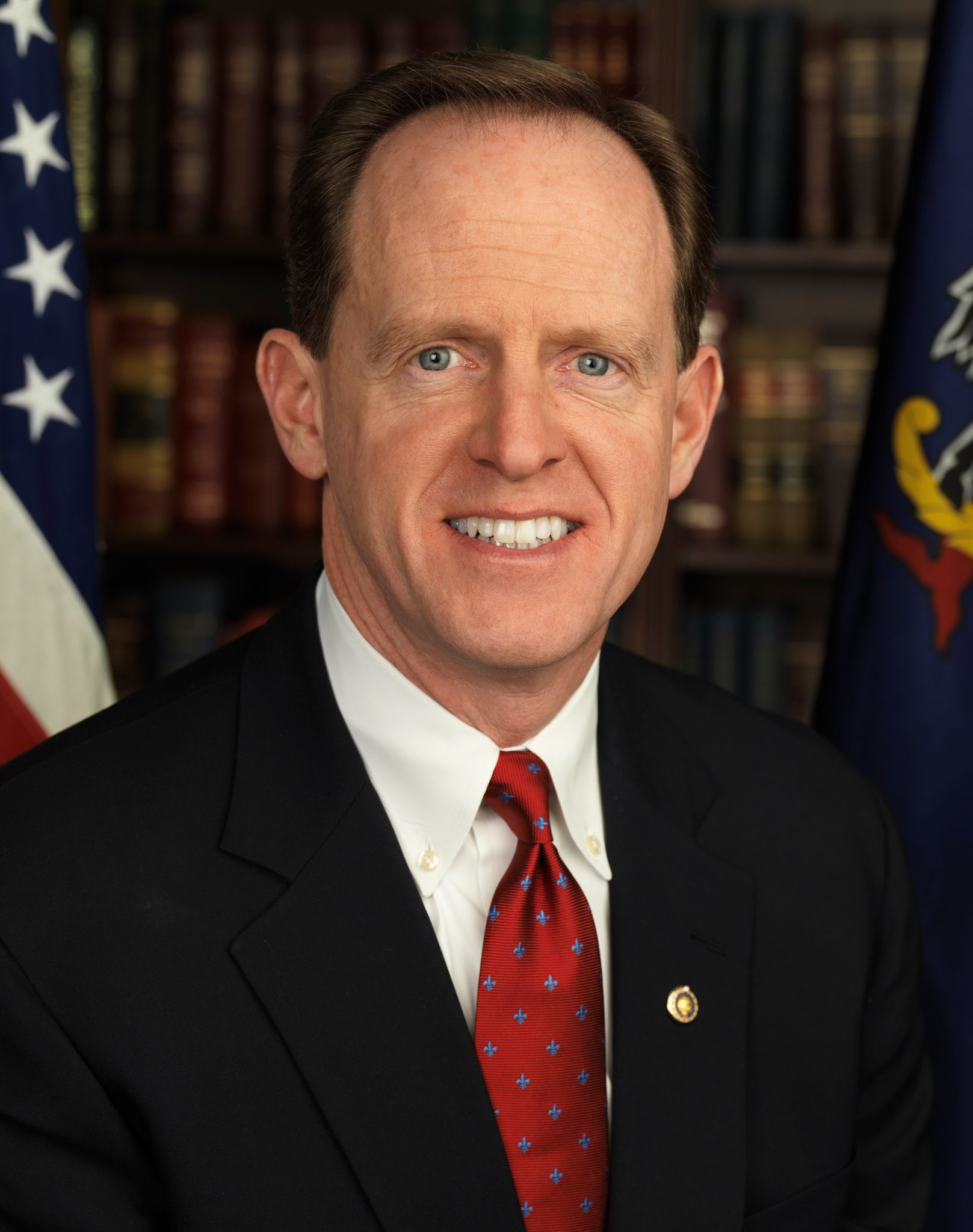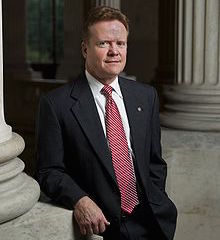 This might seem like an off-topic post, given that Prop 1 was an anti-discrimination proposition for LGBT community, and not anything gun related, but I think it’s useful to analyze political failure and decide what lessons might be drawn from it for use in other contexts. First, I should introduce Proposition 1:
This might seem like an off-topic post, given that Prop 1 was an anti-discrimination proposition for LGBT community, and not anything gun related, but I think it’s useful to analyze political failure and decide what lessons might be drawn from it for use in other contexts. First, I should introduce Proposition 1:
Proposition 1, would have banned discrimination based on sexual orientation and gender identity—criteria not covered by federal anti-discrimination laws—especially “in city employment, city services, city contracting practices, housing, public accommodations, and private employment.”
The proposition failed 39% to 61%, much to the shock of supporters. It’s failure is not a shock to me, once you break it apart and look at it. In my opinion, the failure boils down to three things. Demographics, timing, and overreach.
Let’s start with demographics. The City of Houston is about 25% white, 6% Asian, 25% Black, and 44% hispanic. The city is overwhelmingly Democratic, but supporters failed to recognize that many white Republicans are farther along to agreeing with them on these issues than black and hispanic voters. Demographically, Prop 1 faced an uphill challenge right out of the gate. Urban black and hispanic voters may vote overwhelmingly Democrat, but on social issues like this they are about as supportive as your most bible thumping evangelical GOP voter, and probably even less so in many respects.
Move on to timing. It’s really only a small minoring of people who are comfortable with rapid change. Activists can often delude themselves into thinking how strongly the population really supports their cause. There is a tendency to push too fast, and that risks a backlash. This referendum comes fresh on the heels of the cake controversies, where public opinion lags far behind support for gay marriage. The fact that Prop 1 had carve out for religious organizations and non-profits won’t really matter. There’s a tendency for the public to apply the brakes when they think activists for change are pushing too fast.
One could argue timing is really just a form of overreach, but I wanted to treat it separately. Gun rights has achieved because we were determined to not be a flash in the pan movement. We have persisted for several generations now in pushing this issue forward, often sliding backwards for periods of time; not able to achieve everything we’ve wanted. Timing is an important part of moving forward, independently of overreach.
Which brings us to overreach itself. If activists had only included sexual orientation in Proposition 1, it probably would have done much better, and perhaps even won. At this point, gays have achieved widespread tolerance and acceptance in our society. They achieved that through decades of coming out of the closet and confronting society with their existence and normality. It’s easy to discriminate against people when they are “shady deviants” (those people) who go to special clubs and bars (those places) and do “God knows what.” It’s much harder when they are family, friends, coworkers and neighbors who are mostly normal people.
Sound familiar? It should, because we have built the pro-gun movement in the same manner. How much do you think we’ve achieved in the past 20 years in demystifying gun shows? You notice how many families come these days? That’s a reward for decades of cultural normalization.
Transgender people are currently where gays were a few decades ago. While public polling shows that most people don’t have a problem with the transgendered (the public is about equally divided), I think it’s safe to say most people are still a bit uncomfortable with it. Without diving into the debate about whether this is right or not, how many companies do you think would feel comfortable putting an obvious transwoman in a public facing customer service or sales position. Now change that to a visibly butch lesbian woman, and I think you’d agree there’d be a lot more acceptance.
To put this in a Second Amendment context, transgenderism to them is what machine guns are to us. Most activists in this issue would like to ease or end the 1986 ban on machine guns, and most would also like to end NFA treatment of them as well. This is a sound anti-discrimination principle! But it’s one that just isn’t ripe yet. It may never be, even with a strong effort to demystify and mainstream.
The LGBT community enforces a conformity that would make the most rabid 2nd Amendment activist blush. We also have our own “no one gets thrown off the lifeboat” principle, but in fact we are willing to throw people off the lifeboat in order to save the ship. We’ve done it. Notice that all of the DC preemption bills floated in Congress don’t cover NFA items. Neither do any of the national reciprocity proposals. It would also be doubtful that if we managed to pass a federal law preempting state and local bans on semi-automatic “assault weapons” that the bill would not also carve out NFA items. As firearms enthusiasts, we’ve been more realistic about what can be achieved and when it the right time to achieve it. The failure of Proposition 1 is a lesson in what happens when reality is ignored and deluded activists turn a generational struggle to an immediate all or nothing game.









